It’s that time of year again when we publish our Annual Report, sharing what we’ve been up to at the Raspberry Pi Computing Education Research Centre (RPCERC) in the last academic year. And what a year! I feel very proud to work with such an amazing team, and on a personal level, I feel privileged to be able to do what I do.
Building capacity in computing education research
The RPCERC was established in 2021 through a donation from the Raspberry Pi Foundation, which they have since renewed. This support has enabled us to build the Centre’s infrastructure and offer PhD studentships in computing education; this allows us to recruit research students in a field where funding opportunities are limited in the UK. You can read about the work of our PhD students in the report: we are very proud of their work and anticipate that they will become future leaders in computing education research. We are also thrilled to partner with other organisations on specific projects, as you’ll read below.
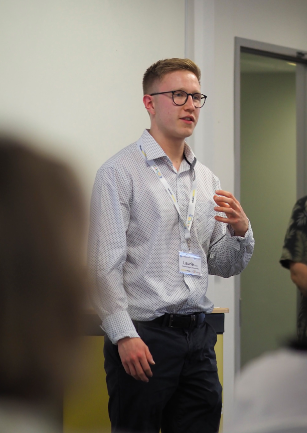
Working with the Micro:bit Educational Foundation
One of the projects you’ll read about in our report is the Exploring Physical Computing in Schools longitudinal study into the impact of physical computing. We’re excited to be partnering with the Micro:bit Educational Foundation, BBC and Nominet with this project, and it will last for five years. It’s a mixed-methods study that combines an in-depth study of children, teachers and their parents with three surveys over the five-year period: a mix of qualitative and quantitative research approaches. We are looking at the creativity, self-efficacy and agency of young people and how they relate to working with tangible, interactive devices and on projects that are relevant to children’s lives.
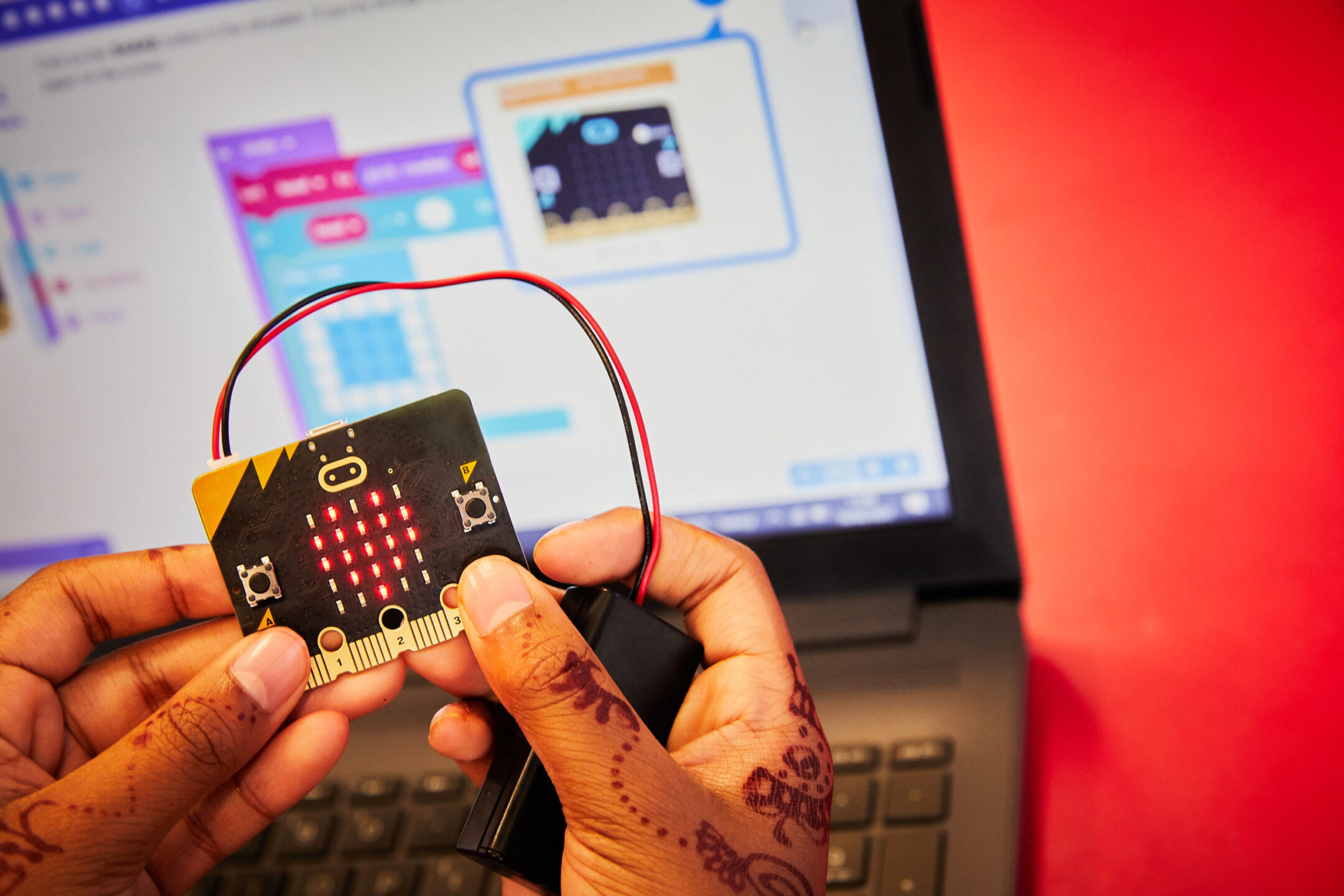
AI education research: we’re not even at the tip of the iceberg
Another important area of our work is exploring how—and even whether—young people can effectively learn about AI. As always, we take a collaborative approach, working closely with schools to conduct our research. AI education is a rapidly growing field, with much discussion around how to engage young people and help them shape this critical area of technology. Among our various projects, we’ve collaborated with Google DeepMind to evaluate several school engagement programs, and our PhD student, Salomey, has been investigating AI education in Ghana, where AI is already part of the school curriculum.
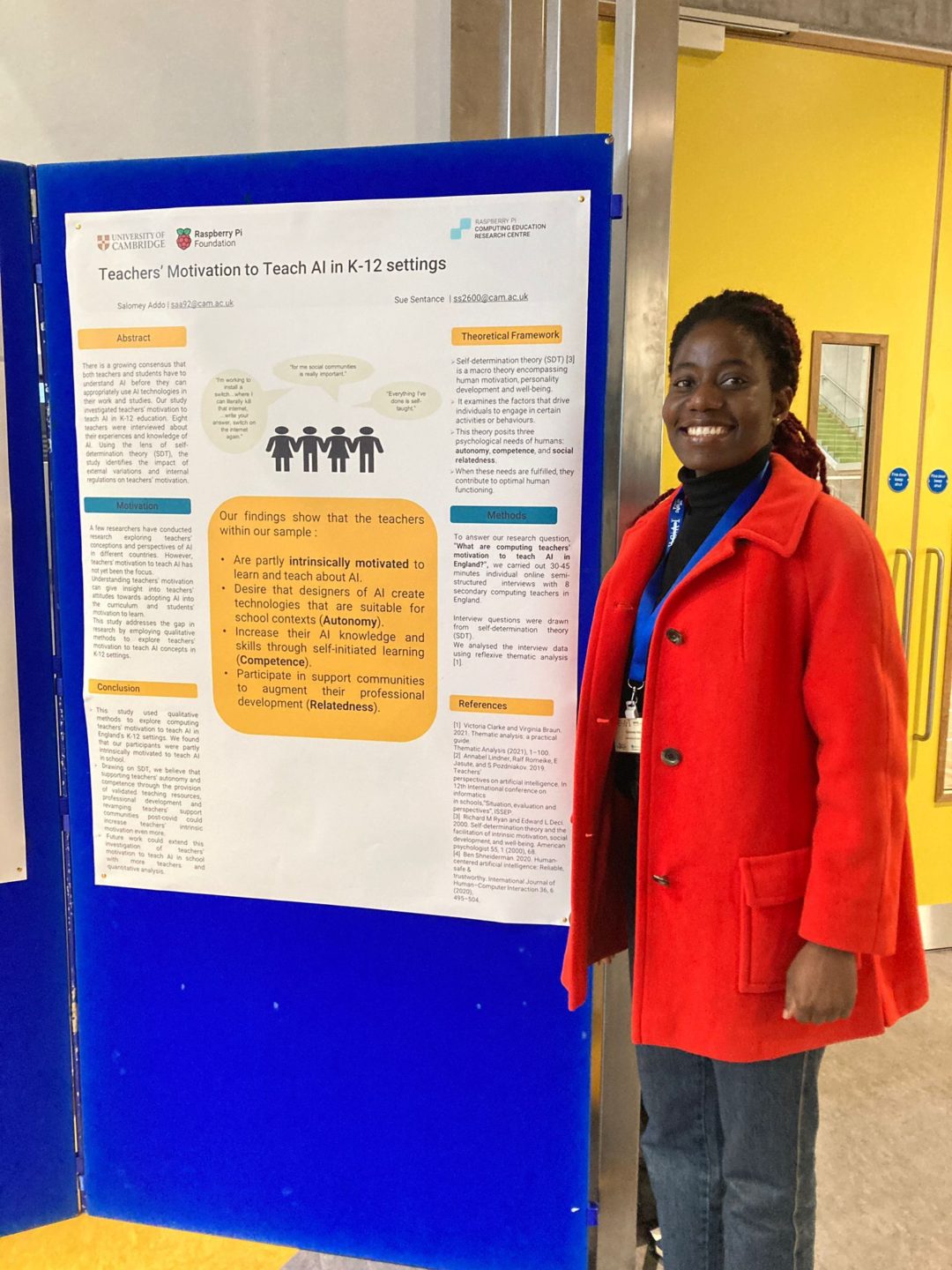
HCAI-EP conference in 2023.
A joint initiative: the beauty of team work
The RPCERC is rather unique in that we are a joint initiative straddling both the Department of Computer Science and Technology and the Raspberry Pi Foundation. This means we are directly connected to the work of the Raspberry Pi Foundation—to enable young people to realise their full potential through the power of computing and digital technologies—in direct and practical ways, for example through their AI education resource offer, Experience AI and the learning platform, Ada Computer Science (a sister environment to Isaac Physics). Having researchers from both organisations working on projects facilitates greater impact of our work, and enhances our reach into the community.
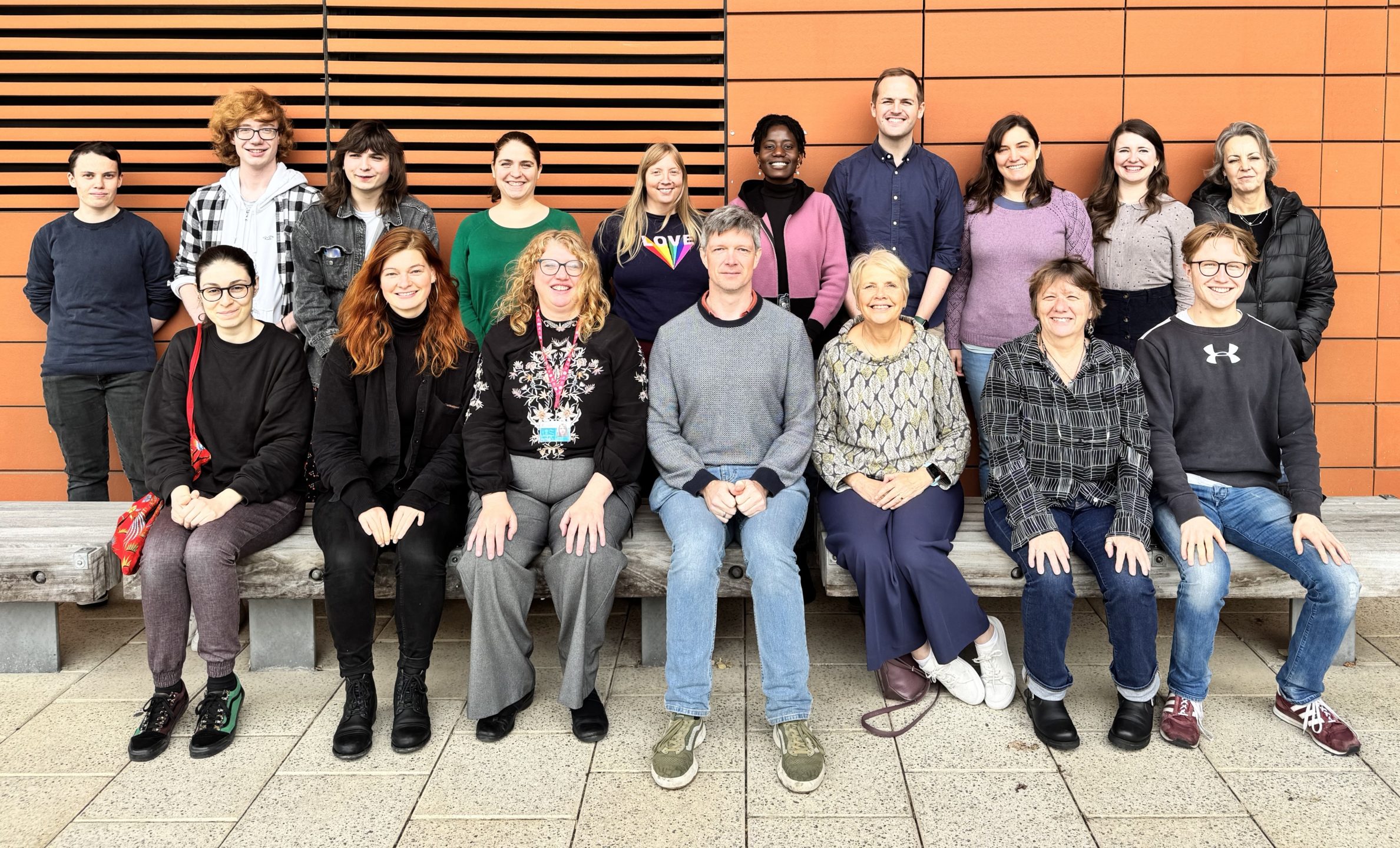
Taking an international perspective
While our Centre is based in the UK, our research has international relevance and reach. As a team of researchers we are part of the growing, yet still emerging, community engaging in computing education research for young people of school age (known as K–12 outside the UK). A significant milestone for us was hosting and chairing the 18th WiPSCE Conference on Primary and Secondary Computing Education Research in September 2023, which attracted participants from ten countries. Additionally, we co-lead an international working group exploring the philosophical and theoretical foundations of computing education worldwide. This past year, we presented at conferences around the globe, supported an initiative to establish computing education in Botswana, and fostered a close relationship with a research group in Germany.
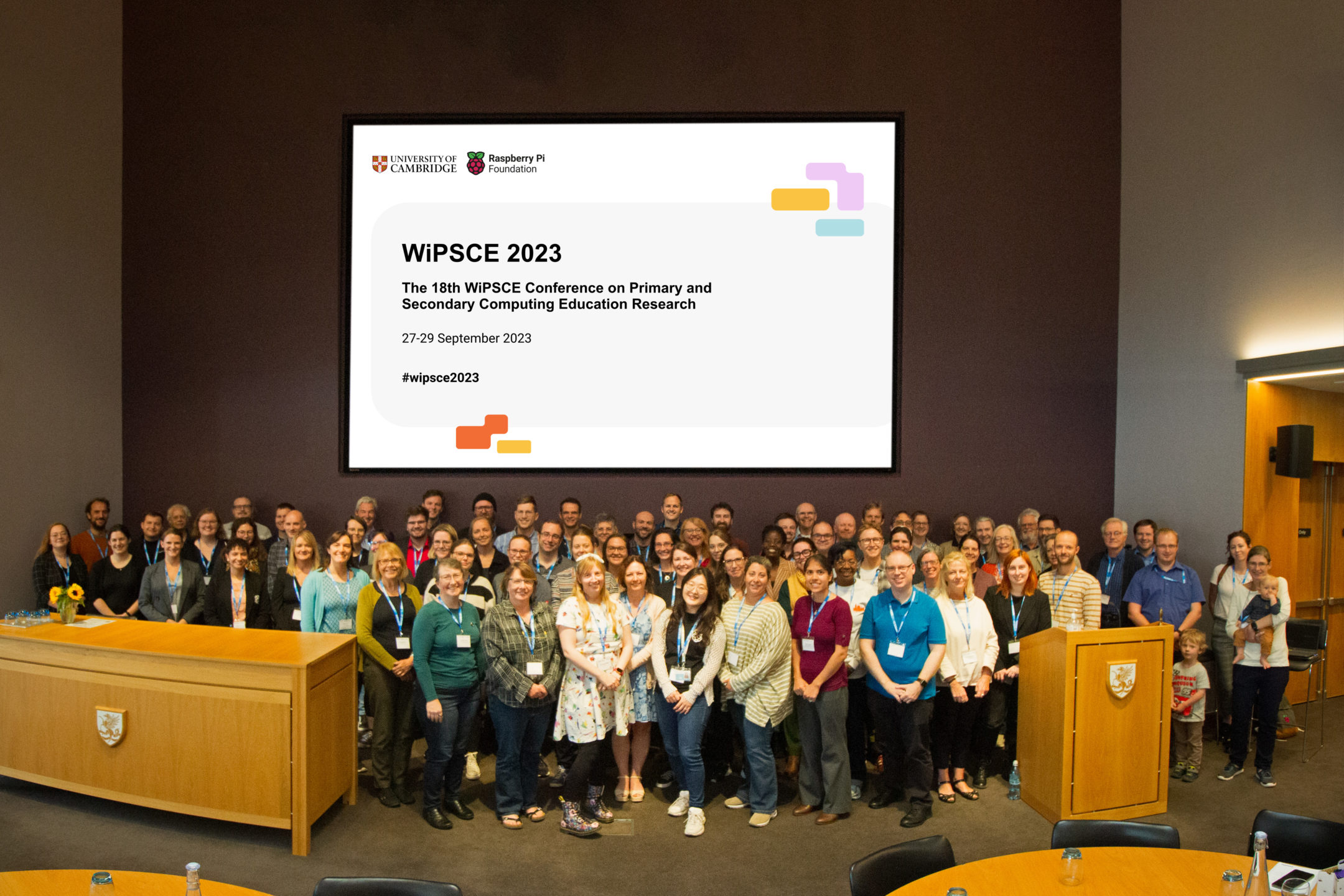
What’s next
As we enter the new academic year, we are excited about what lies ahead. This week, we warmly welcome Isabella Graßl as a Research Associate and Carrie Anne Philbin as a PhD student to our team. You’ll be hearing more from them soon!
We are also pleased to announce that we now have two newsletters! Our monthly “news” newsletter will keep you up-to-date with our activities, while the second (low-volume) newsletter is specifically for teachers interested in participating in our research projects. Please do sign up if you’d like to be alerted to these possibilities. We have heard from teachers that they gain a lot from their engagement with us, as it brings them into direct contact with state-of-the-art thinking about computing education.
In addition, we are offering two PhD studentship opportunities for UK students, supervised by Dr Sue Sentance. If you are interesting in pursuing a full-time, fully-funded PhD in computing education, and have qualifications that would make you eligible for entry to the Department of Computer Science and Technology at the University of Cambridge, please do get in touch. The deadline is December 3rd, but be sure to start your application process at least a month in advance.
We hope you enjoy reading our annual report and we look forward to working with you in the future!